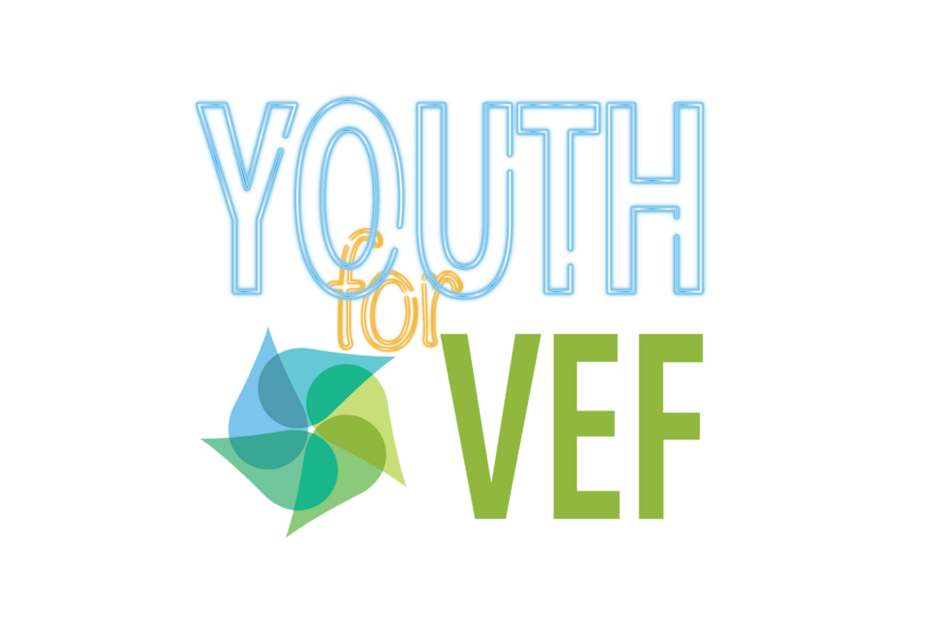
News
Youth for VEF 2021: key Insights
The first ever YouthforVEF took place on 5th July 2021 as part of the Vienna Energy Forum. YouthforVEF was a co-creation process with youth representatives from the very beginning. The sessions, divided into three main categories: Plenary, Networking and Skills Academy, provided spaces for dialogue with policy makers, meeting peers and experts and receiving training on policy responses and technological solutions to transform the global energy system.
#YouthforVEF discussed a number of relevant topics for meaningful youth engagement in the energy transition. Among others, some key messages from panellists and participants are as follows:
- Youth is a change agent for policy, administration and society and plays an important role in changing the current institutional setting to accelerate the transition towards clean energy. Young people need more access to training, funding and to places where the policy debate on sustainable energy is taking place. New climate governance mechanisms should include youth constituencies more thoroughly.
- At the same time, the youth have a lot at stake if climate change and pollution are not mitigated. We need a more inclusive and speedy green recovery to secure a planet worth living for the youth, as an expression of intergenerational solidarity.
- Youth´s thoughts, skills and needs should be integrated in the energy transformation strategies and their implementation
- Yong people want to have a sense of purpose and work for companies that share their values, environmental and social concerns and, specifically, companies that want to become sustainable.
- A qualified workforce is essential for the energy transition. Quality education and training are essential to closing the growing skills gap. Besides technical and business training, policy-making training is necessary.
- We need to make sure that enough resources are available to deliver the necessary skills and train young people in sufficient numbers. Given the scale of the global challenge, we must also explore new approaches to teach young people green skills, and thereby reducing the costs of training and reaching a larger audience
- Apprenticeships are key in providing young people with hands-on job experience facilitating their integration in the job market. Increasing collaboration between the private sector and educational institutions is necessary to improve the quality and accessibility of training
- A clean energy transition requires drawing from a diverse talent pool. Mentorships are particularly necessary for young women to promote their careers in the clean energy sector. Equal opportunities for women and men must be promoted.
- Digital skills are very much needed in the energy transition. Governments and educational institutions should ensure that pupils’ basic digital competences are significantly improved. Furthermore, green skills need to combined with digital skills to advance the adoption of new clean energy solutions and business models.
- Young entrepreneurs in the energy and climate start-up scene require early stage funding for their companies as well as support through expert coaching and training in business skills and the development of bankable business plans to succeed
- Public awareness and education are key to make people understand the need for the energy transition and to protect the climate. Education needs to start early in schools to create consciousness about the climate challenge and inspire children to become part of the solution
- Just transition mechanisms have to make sure that youth in regions that rely on fossil fuels extraction and carbon-intensive industries as economic activities are given opportunities to re-skill and up-skill towards future-proof jobs.
- International cooperation and well-structure dialogue platforms are essential to device mechanisms to involve the youth in the achievement of Sustainable Development Goal 7 on affordable, reliable, sustainable and modern energy for all (SDG 7) and connect youth across the globe through learning networks and exchange platforms.
